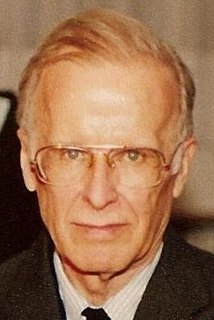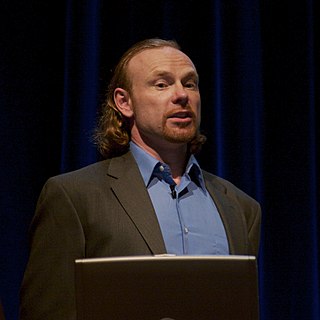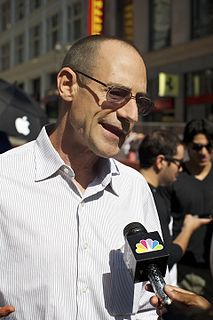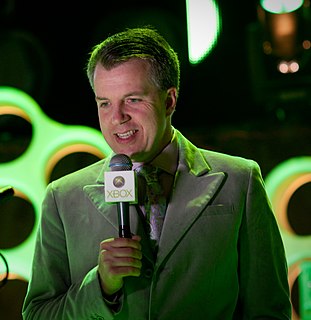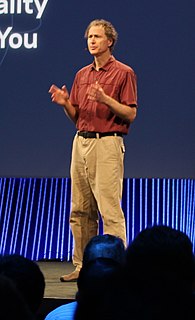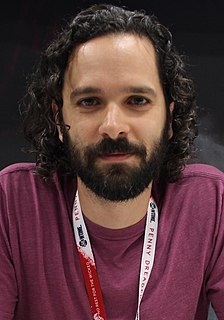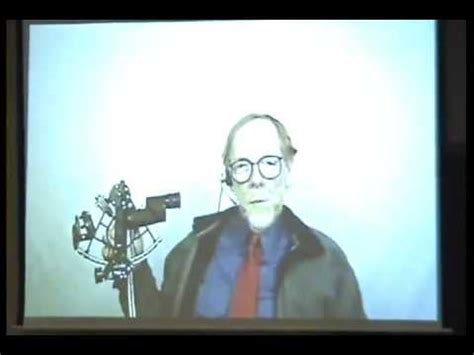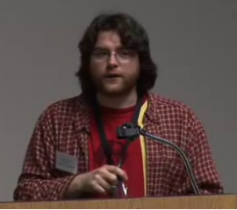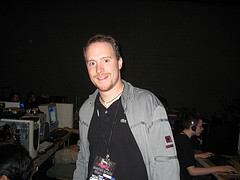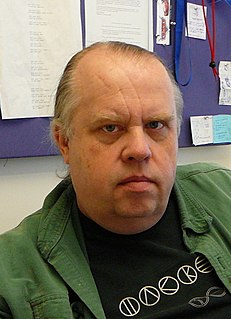A Quote by Douglas Crockford
Computer programs are the most complex things that humans make.
Related Quotes
Until I reached my late teens, there was not enough money for luxuries - a holiday, a car, or a computer. I learned how to program a computer, in fact, by reading a book. I used to write down programs in a notebook and a few years later when we were able to buy a computer, I typed in my programs to see if they worked. They did. I was lucky.
A computer is like a violin. You can imagine a novice trying ?rst a phonograph and then a violin. The latter, he says, sounds terrible. That is the argument we have heard from our humanists and most of our computer scientists. Computer programs are good, they say, for particular purposes, but they aren’t ?exible. Neither is a violin, or a typewriter, until you learn how to use it.
Artificial intelligence uses a complex set of rules - algorithms - to get to a conclusion. A computer has to calculate its way through all those rules, and that takes a lot of processing. So AI works best when a small computer is using it on a small problem - your car's anti-lock brakes are based on AI. Or you need to use a giant computer on a big problem - like IBM using a room-size machine to compete against humans on Jeopardy in 2011.
One might say the computer is being used to program the child. In my vision, the child programs the computer, and in doing so, both acquires a sense of mastery over a piece of the most modern and powerful technology and establishes an intense contact with some of the deepest ideas from science, from mathematics, and from the art of intellectual model building.
Most programs are not write-once. They are reworked and rewritten again and again in their lived. Bugs must be debugged. Changing requirements and the need for increased functionality mean the program itself may be modified on an ongoing basis. During this process, human beings must be able to read and understand the original code. It is therefore more important by far for humans to be able to understand the program than it is for the computer.
Gnomes live ten times faster than humans. They're harder to see than a high-speed mouse. That's one reason why most humans hardly ever see them. The other is that humans are very good at not seeing things they know aren't there. And, since sensible humans know that there are no such things as people four inches high, a gnome who doesn't want to be seen probably won't be seen... Wings.
All experiments that are related to the games when you have humans versus machines in the games - whether it's chess or "Go" or any other game - machines will prevail not because they can solve the game. Chess is mathematically unsolvable. But at the end of the day, the machine doesn't have to solve the game. The machine has to win the game. And to win the game, it just has to make fewer mistakes than humans. Which is not that difficult since humans are humans and vulnerable, and we don't have the same steady hand as the computer.


